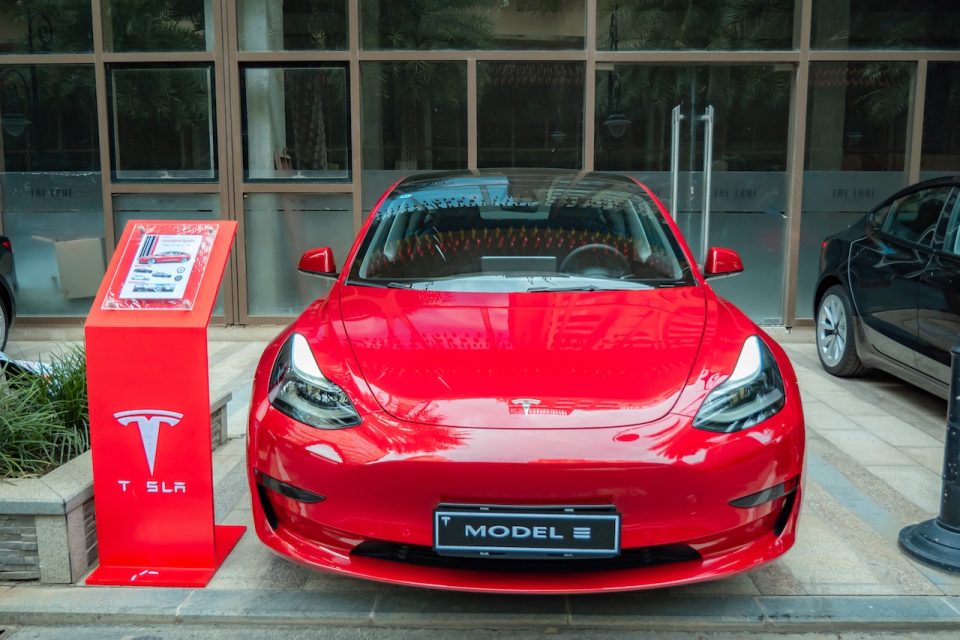Ford Motor has opted to halt progress on a slated $3.5 billion battery plant in Michigan, exemplifying a formidable challenge faced by the burgeoning competition with Tesla within the US automotive market. While global automakers are fervently introducing a plethora of new electric vehicles (EVs) in the United States and investing billions in EV and battery facilities, a Reuters analysis of US EV sales data for the initial half of 2023 underscores that only Tesla’s Model Y and Model 3 have attained the requisite sales volumes to sustain a large-scale assembly plant.
S&P Global Mobility data reveals that, on a brand-by-brand basis, Tesla outpaced its nearest 19 competitors by a ratio of 10 to one or more during the first half of the year. Over the same period, Tesla achieved sales of 325,291 vehicles in the United States, a stark contrast to General Motors’ Chevrolet brand, which secured a distant second place with sales of 34,943 units, propelled largely by its aging Bolt EV. Ford, Hyundai, and Rivian followed in succession.
Examining individual models, all four of Tesla’s offerings secured positions in the top 12, with the Model Y and Model 3 clinching the top two spots, amassing first-half sales figures of 200,000 and 160,000, respectively. In stark contrast, the Bolt and Ford’s Mustang Mach E registered sales of 35,000 and 13,600, falling significantly short of the volume required to efficiently operate a conventional assembly plant at 80% capacity or higher.
As Tesla’s market dominance looms large, competing automakers are grappling with the arduous task of securing a foothold. Data compiled by the Alliance for Automotive Innovation, an industry trade group, illustrates that electrified vehicle sales, encompassing plug-in hybrids and fuel cell vehicles, claimed 8.9% of the US market share in the first half of 2023—an increase of 2.6 percentage points from the previous year. Yet, this market share was dispersed among a staggering 103 distinct models, as indicated in the Alliance’s latest quarterly report on the EV market.
Amidst mounting uncertainty, industry analysts are questioning whether the US EV market will mature swiftly enough to accommodate the multitude of new battery and assembly initiatives currently underway. Ford’s decision to momentarily suspend work on its $3.5 billion EV battery plant in Michigan coincides with these concerns. In July, Ford revised its projections, anticipating a full-year loss of $4.5 billion for its EV unit—an increase of 50% from earlier estimates—alongside a deceleration in its EV production ramp-up.
While other automakers grapple with market entry, Tesla remains steadfast. During a recent media presentation, Cox Automotive observed that Tesla has ceded some of its US EV market share this year with the influx of new entrants. Nevertheless, it still commands nearly two-thirds of all EV sales, with no other brand claiming more than 10%. Cox forecasts a rise in EV sales, projecting an 8% share of total US vehicle sales in the third quarter, up from approximately 6.5% a year prior.
This surge in EV adoption may be attributed, in part, to falling prices, a trend catalyzed by Tesla leveraging its superior profit margins to reduce prices and broaden its consumer base. Cox reports a decline in average EV retail prices to $53,376 in July 2023, down from nearly $70,000 a year earlier.
With the recent decision of Ford Motor to pause its battery plant project, coupled with the resounding performance of Tesla, it is evident that Tesla’s rivals are yet to present a substantial challenge to the EV giant. Despite concerted efforts from other automakers, their modest sales figures and underperforming production plants pale in comparison to the electric vehicle juggernaut that is Tesla.
Source: Reuters

